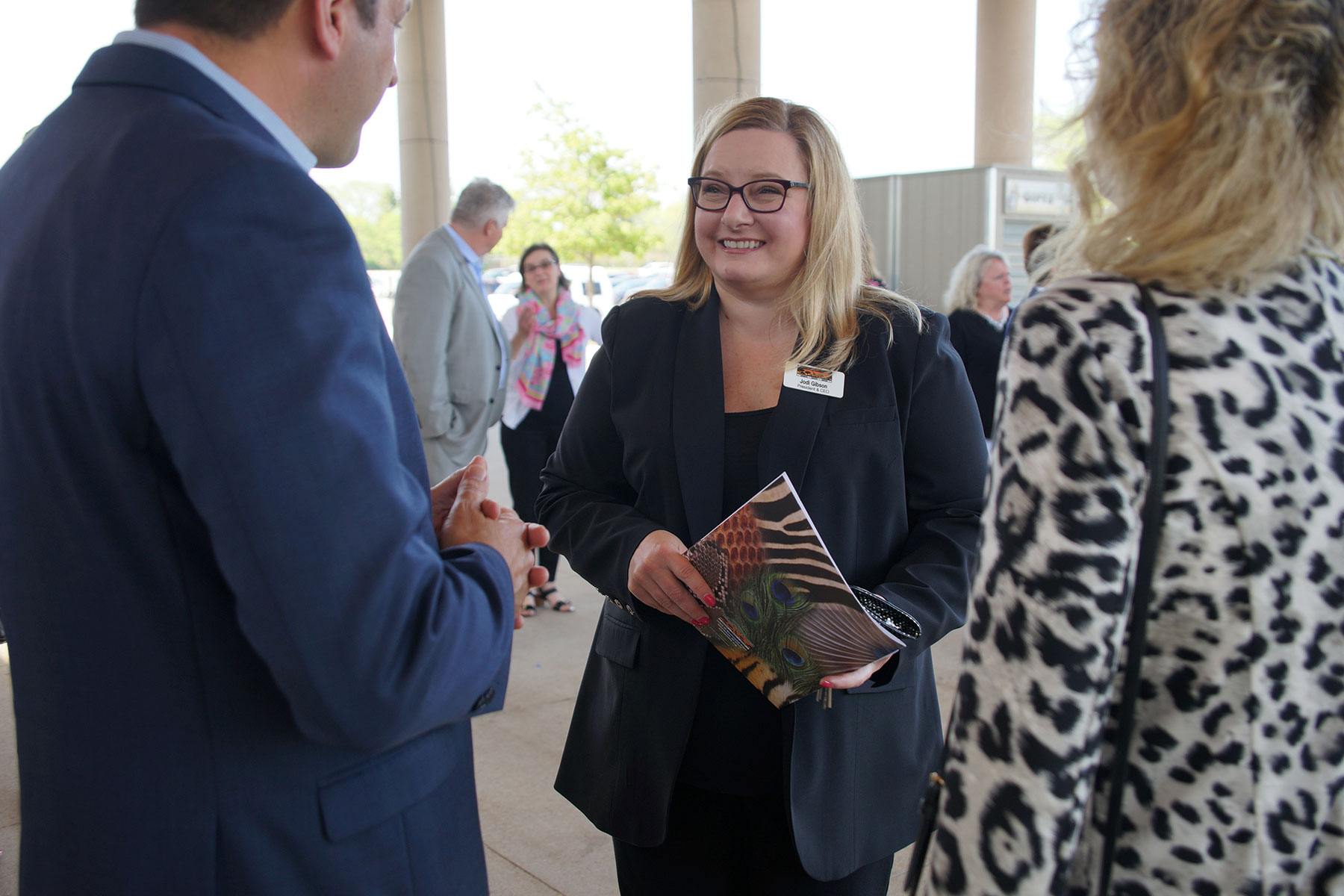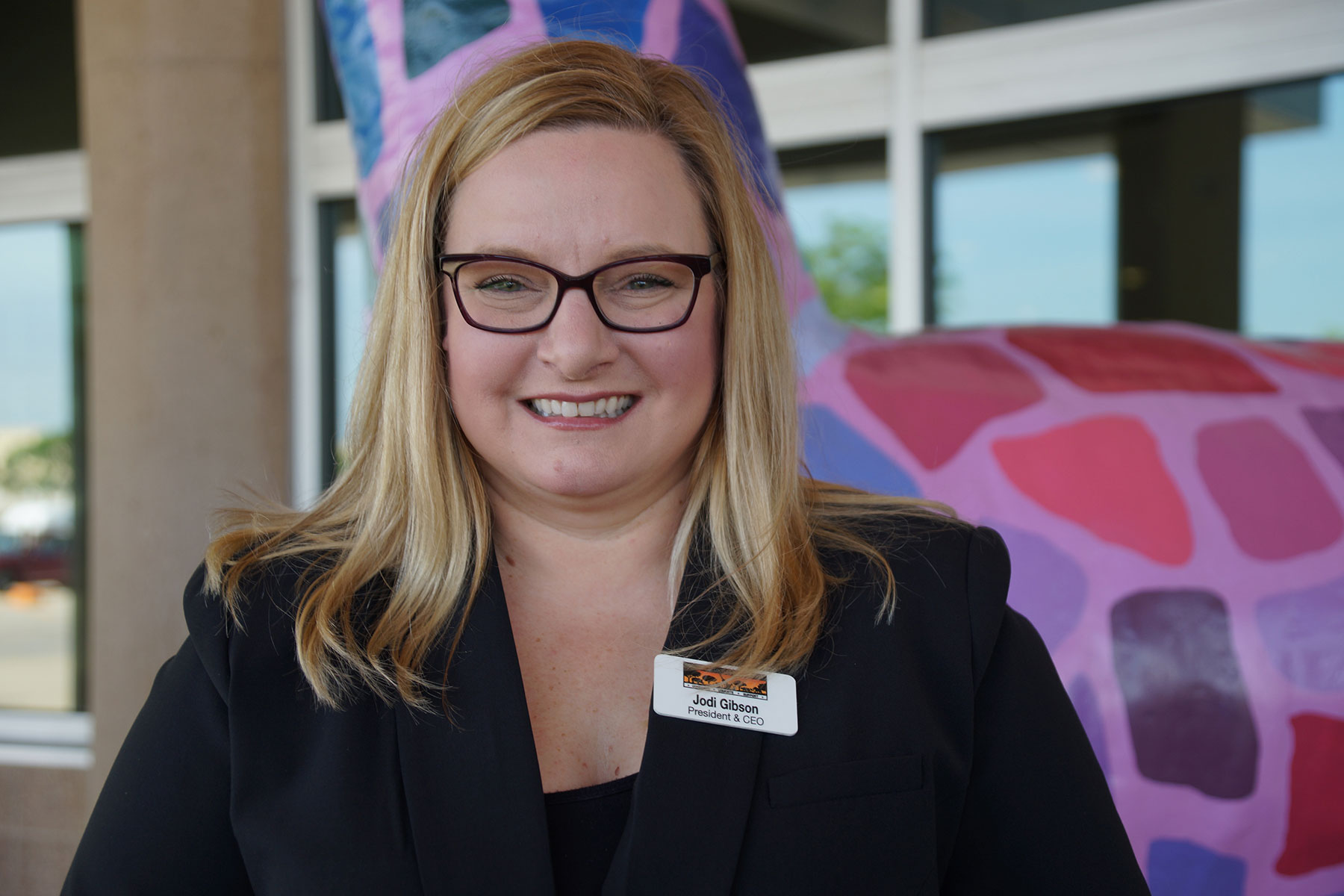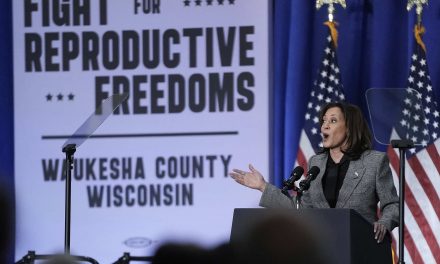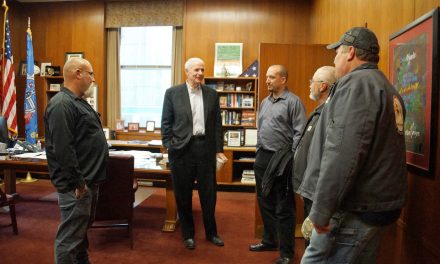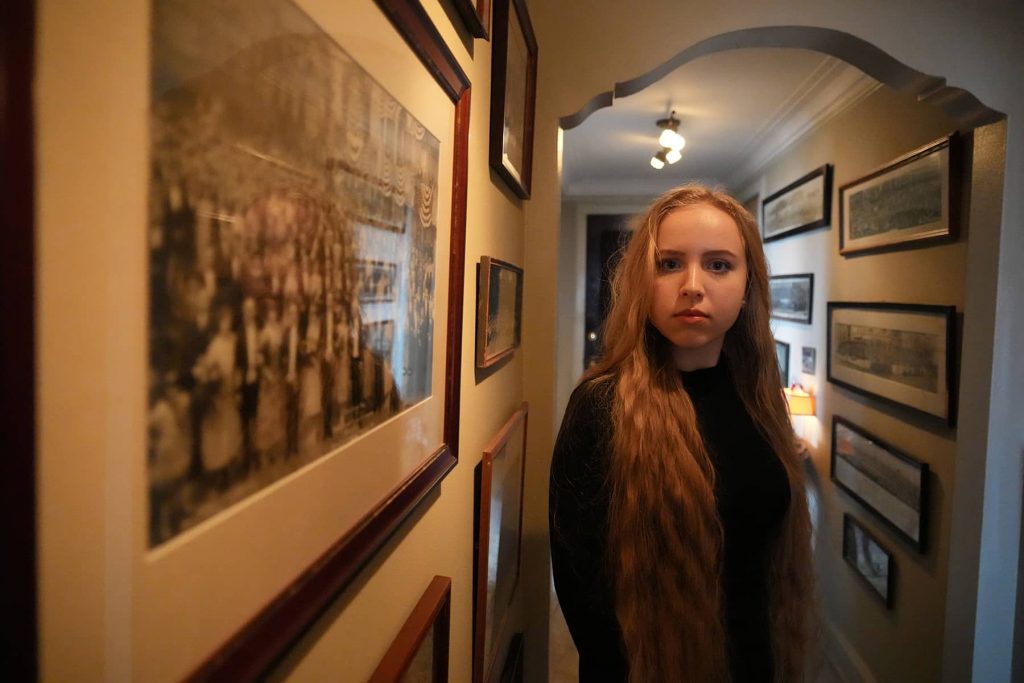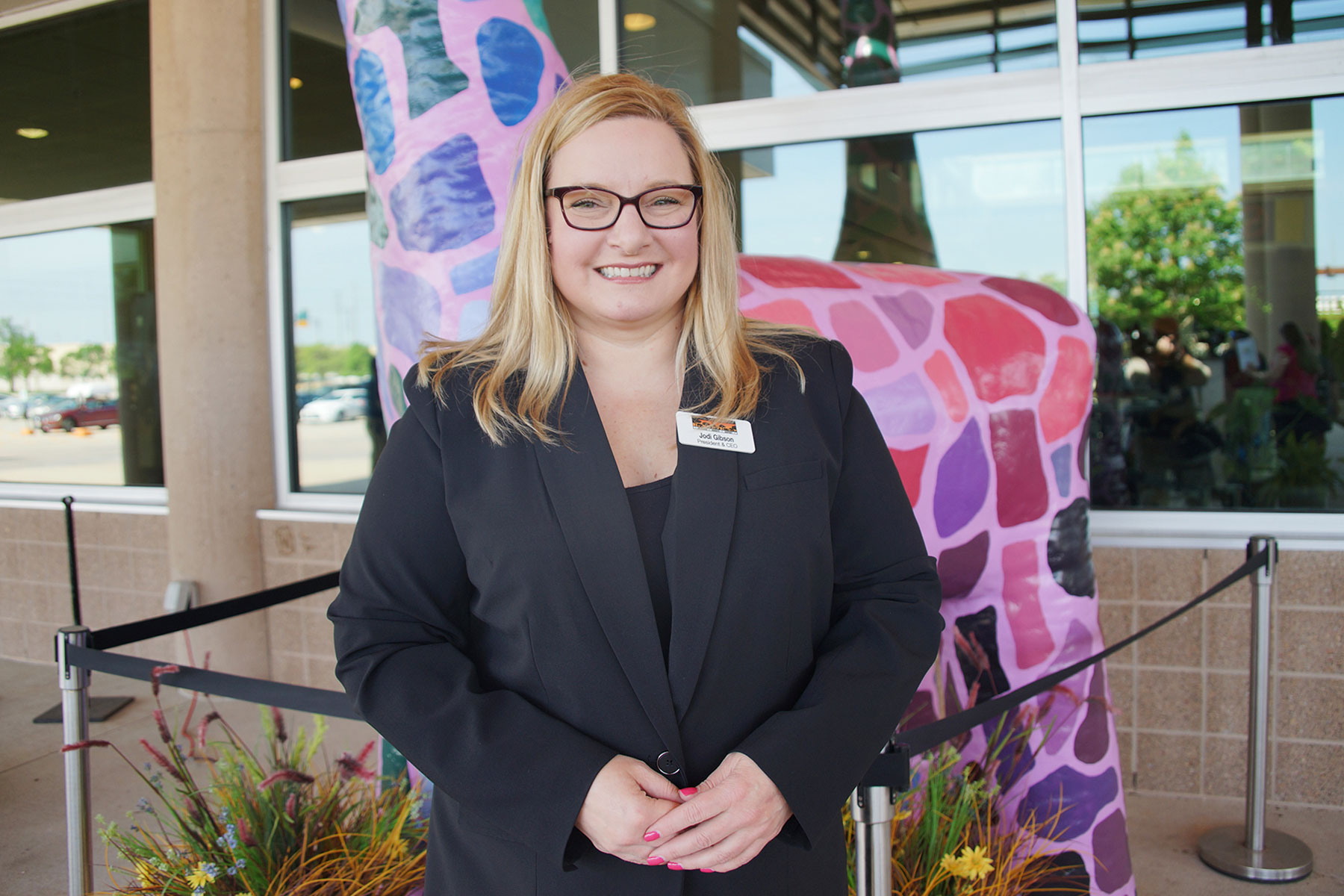
One of Jodi Gibson’s childhood memories revolved around a photo of her taken at the Milwaukee County Zoo. Now as the President and CEO of the Zoological Society of Milwaukee, she saw that there had been practically no change to the exhibit she adored in her youth. After all those years it remained frozen in time, and Gibson felt there was an opportunity to update the Zoo complex to the mutual benefit of the animal and the public. On May 24, Gibson was part of the team that announced a $25 million capital campaign, and a roadmap for the Zoo over the next quarter century. The Milwaukee Independent attended that press conference and set-up an interview with Gibson to share her special connection to the Zoo and her vision for its future.
Q&A with Jodi Gibson
Milwaukee Independent: What was your fondest memory growing up in Milwaukee?
Jodi Gibson: As someone born in Milwaukee, my favorite memories are those that involve connecting with my family across generations. Like many people in our community, I have fond memories of attending the Zoo as a child. One of my favorite pictures is one of my grandmother, Helen Bett, my aunt, Aggie Hale, my sister, Sarah Grulke, and me at the Zoo when I was a child. My grandmother brought me to the Zoo so I could experience and see animals from around the world, and at the same time she created a memory that lasts a lifetime.
Milwaukee Independent: Having worked in social responsibility positions, where do you see corporations succeeding and failing in their roles in the community?
Jodi Gibson: While corporations have a primary responsibility to their investors and shareholders, the best corporations recognize they have a responsibility to a broader base of stakeholders, including their employees, customers, the communities where they do business and the world around them. Throughout my career, I have been fortunate to work with and for great leaders who value how work is done as much as they value results. They create corporate cultures that demonstrate these values. They genuinely believe and know the success of their business is intertwined with the success of all of their stakeholders. And, they lead by example. We see that here in Milwaukee with many of our corporations making investments in our community, whether that is supporting our cultural assets such as the Zoo or supporting social services through the United Way, for example.
Milwaukee Independent: After spending much of your career outside Milwaukee, what was the return like to your hometown? What unexpected obstacles did you encounter?
Jodi Gibson: Returning to Milwaukee has brought me great joy professionally and personally. People often say there is no place like home, and that’s true. While I grew up in Milwaukee, I lived outside the community as an adult to pursue career opportunities in different parts of the country. As a result, when I returned, I had an unexpected realization that I knew the place better than I knew the people. I was genuinely touched by the warm welcome I received from the community and our leaders across sectors. This is a community that supports each other and wants its organizations and their leaders to succeed.
Milwaukee Independent: What interested you to take the position with Zoological Society of Milwaukee? What continues to inspire you about the Milwaukee County Zoo?
Jodi Gibson: As someone whose background includes a mix of leadership experience in both the corporate and nonprofit sector, it was always my aspiration to return to Milwaukee with a goal to lead a dynamic nonprofit organization. I found that at the Zoological Society of Milwaukee. I was interested in the opportunity because of the compelling scope of work and the ability to partner with and support the Milwaukee County Zoo. In addition to supporting the Zoo, the Society’s mission also focuses on education and conservation. Our education programs reach approximately 300,000 adults and kids each year, and we have an award-winning global conservation program that protects great apes in Africa.
Milwaukee Independent: How do your plans for the Milwaukee County Zoo compare with efforts by other facilities, and what is the future of Zoological Societies?
Jodi Gibson: Together with the Milwaukee County Zoo, the Society announced our shared long-term vision for the Zoo, which begins with the renovation of the Zoo’s Adventure Africa exhibit. We are currently renovating the elephant exhibit, and this will be followed by hippos and rhinos. This is a significant undertaking that will transform 25% of the developed footprint of the Zoo, making it one of the largest renovations to the property. To help the Zoo and support this effort, the Society announced a $25 million capital campaign, of which we have already raised more than $16.7 million. We invite the community to join us to complete the project. Partnerships such as the one between the Society and the Zoo are great examples of successful public/private collaborations. In the future, our Society, and those around the country supporting other Zoos, will continue to make valuable contributions.
Milwaukee Independent: With such a long history, would still surprise people to know about the Milwaukee County Zoo?
Jodi Gibson: People know our Zoo for the amazing animals and educational experience we provide to families who attend our Zoo. The animals in our care are ambassadors for animals in the wild, and it might surprise people to know about the conservation programs of the Zoo and the Society. For more than 20 years the Society has been working in the Democratic Republic of Congo to protect bonobos, a species of great ape. This effort was given a Significant Achievement in International Conservation Award by the Association of Zoos & Aquariums at the end of last year. The only other organization receiving this recognition that year was Dian Fossey’s Gorilla Fund International. We earned the award for our longstanding commitment to this work and for our results. We identified what is believed to be the largest unfragmented population of bonobos in the world. And, while protecting the bonobos, we have also seen a resurgence of forest elephants in the same region.

